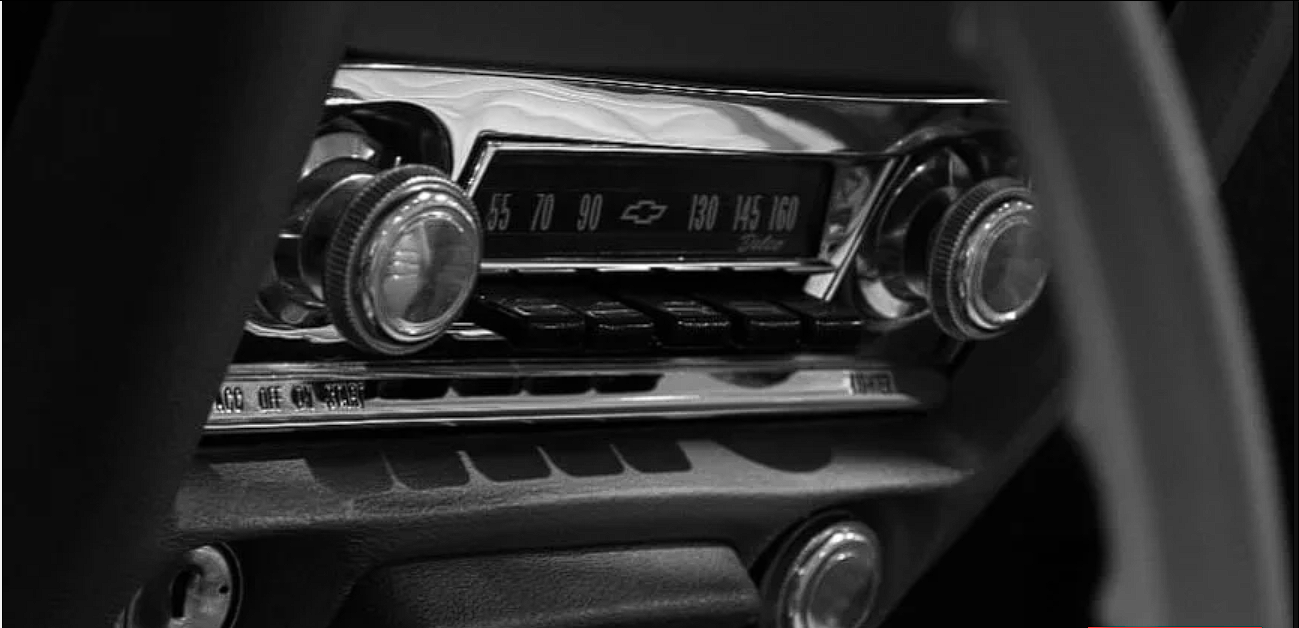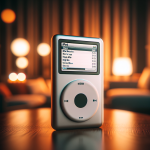
AM Radio in All New Cars
Markey’s proposal is simple.
Vehicles on the road must be fitted with a simple but extremely reliable method to get emergency information. If all the other communication channels, such as mobile networks, fail during an earthquake, for example, the authorities must be able to send emergency info to people on the road.
AM radio is the easiest way to establish such a system. It has one big advantage: it’s been used for years and is already there. However, it also suffers from a major problem: it’s considered outdated, so a growing number of carmakers dropped support for AM radio in their new models.
The new US bill, which recently passed the House Energy and Commerce Committee, would require all carmakers selling vehicles in the United States to equip their cars with AM radio. Some already do, but others don’t, and they claim they have good reasons for no longer offering what they describe as outdated technology.
Carmakers are against the bill because if it passes the full House, the NHTSA would require them to install AM radios on all vehicles at no additional cost to customers. Everybody knows that this won’t be the case, as all costs would eventually still be passed on to the customer, but let’s suppose this will happen.
EV manufacturers claim that installing an AM radio would significantly increase the cost of their models because it would require a substantial redesign to prevent electromagnetic interference.
On the other hand, the bill states that no other communication system for delivering emergency alerts is as reliable and resilient as AM broadcast radio. Furthermore, the document estimates that the President would be able to reach “at least 90% of the population of the United States in a time of crisis, including at night.”
The switch to digital services has gained more traction lately, with a growing number of drivers relying on music platforms like YouTube Music and Spotify. According to company data, Spotify has 626 million users.
FM radio has also gained more ground in the last decade, and so have other media listening options in the car, like Bluetooth connections to the mobile device.
However, while many people believe that the days of traditional radio are already numbered, recent research by Edison Research revealed that 67% of drivers whose vehicles are not fitted with Android Auto and CarPlay listen to AM or FM radio while driving. Only 12% use SiriusXM, and only 9% rely on streaming platforms.
Android Auto and CarPlay make connecting to a digital media platform more convenient, as playback can be controlled from the infotainment screen or using voice commands. According to Apple data, nearly 8 in 10 new-car buyers wouldn’t consider a car without CarPlay.
The study also revealed that AM/FM radio is still surprisingly popular in cars without phone mirroring software. 46% of the drivers listen to the radio while driving, and only 18% use a streaming service when Android Auto and CarPlay aren’t available.
Carmakers could add AM radio solely for emergency broadcasts, so while critics claim that the audio quality would never match FM or digital streaming, the noise could be reasonably controlled to allow for efficient government use.
If the bill receives the House’s approval, carmakers have one year to install AM radio in all vehicles “manufactured or imported” into the United States. Cars that are sold between the moment when the bill gets the go-ahead and the enforcement period must be marked with “clear and conspicuous labeling to inform purchases that the motor vehicles” do not support AM radio. This means that the customer would know from the beginning that the car they buy doesn’t have AM radio, and this could become an incentive for the manufacturer to add the system to their models faster.
What do you think about AM radio in new cars? Is this something the NHTSA should mandate, or should the government find another emergency broadcast method? Share your thoughts in the comment box after the jump.




